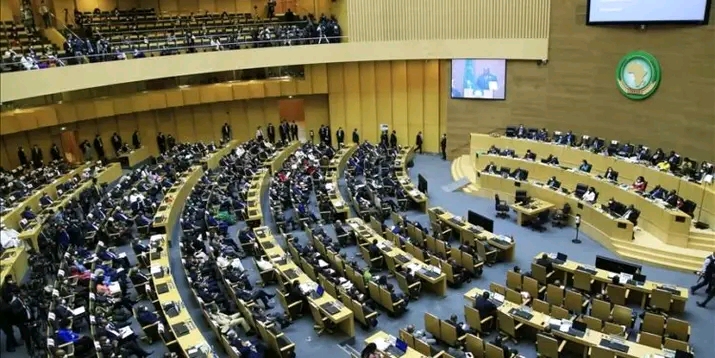The African Union’s decision to suspend Gabon in response to the recent coup undoubtedly sends a strong message about the organization’s commitment to democratic principles and stability in the region. However, there are concerns that this suspension might not necessarily help the situation and could even highlight the AU’s challenges in promoting democracy in the West African region.
While the suspension aims to pressure the military-led government to restore constitutional order, it runs the risk of pushing Gabon further into isolation, potentially hindering diplomatic avenues for peaceful resolution. Moreover, the economic consequences and potential sanctions could exacerbate the suffering of the Gabonese people, who are already grappling with the aftermath of the coup.
The AU’s track record in promoting democracy and preventing coups in the West African region has been mixed at best. Coups in countries like Mali, Guinea, and Burkina Faso have persisted despite the AU’s interventions. This raises questions about the effectiveness of the AU’s mechanisms for conflict prevention and resolution.
To truly address the issue of coups in the region, the AU should focus on proactive measures to strengthen democratic institutions and promote good governance. This includes supporting capacity-building efforts, encouraging inclusive political dialogue, and ensuring that countries have robust electoral processes in place. Mere suspensions, while symbolically significant, may not be sufficient to address the root causes of political instability.
All and above, while the AU’s suspension of Gabon underscores its commitment to democracy and stability, there are valid concerns about its effectiveness in addressing the broader issue of coups in the West African region. A more comprehensive approach that prioritizes preventive measures and democratic strengthening may be necessary to achieve lasting stability and democratic governance in the region.


